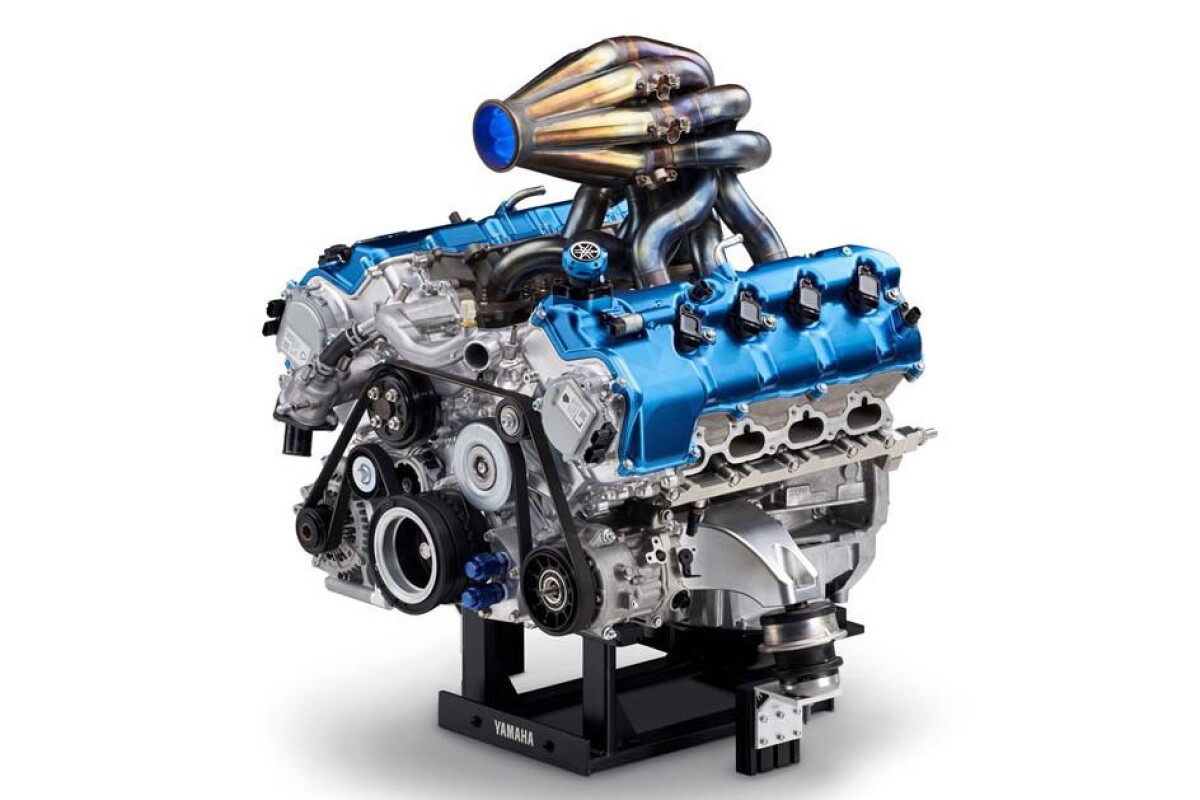A Complete Overview to Choosing the Right Engine for Your Job
Choosing the suitable engine for your project is an important choice that can substantially affect its general success. Each of these aspects plays a critical function in ensuring that your selected engine not just satisfies instant goals yet additionally straightens with long-lasting goals.
Define Your Task Requirements
Defining your task needs is an essential action in choosing the appropriate engine for effective implementation. A thorough understanding of your job's purposes will guide you in recognizing the features and capabilities needed from an engine. Begin by describing the scope of your job, consisting of the wanted capability, target market, and the certain outcomes you intend to accomplish.
Following, think about the technological requirements that line up with your task goals. This consists of evaluating the compatibility of the engine with existing systems, in addition to the shows languages and frameworks that will be made use of. Additionally, examine the degree of scalability required to fit future development or adjustments popular.
Spending plan restraints also play a crucial duty in defining your project needs. Develop a clear economic structure to guide your decision-making process, making certain that the engine selected fits within your budget while supplying the needed capability.
Evaluate Performance Requirements

Next, think about the scalability of the engine. Examine whether it can take care of increased workloads as your project grows. Engines that support straight scaling are frequently more effective for larger applications. Furthermore, examine the engine's performance under different conditions, such as peak usage circumstances, to ensure it fulfills your reliability criteria.
Take Into Consideration Simplicity of Use
While technical specifications are essential, the ease of usage of an engine can dramatically influence the advancement process and total task success. An instinctive interface, clear documentation, and structured process can dramatically decrease the learning contour for programmers, allowing them to focus on imagination and problem-solving instead of coming to grips with complex devices.
When assessing an engine's convenience of use, consider the onboarding experience. A well-structured introduction, complete with tutorials and example projects, can promote a smoother shift for brand-new individuals. Additionally, the clearness and comprehensiveness of the engine's documentation play a critical function; comprehensive overviews and API references can encourage developers to fix and execute attributes efficiently.
An engine that enables for simple adjustments can be a lot more straightforward, as programmers can customize it to fit their details demands without substantial inconvenience. Inevitably, choosing an engine that prioritizes ease of usage can lead to a much more delightful and efficient development experience.
Assess Community and Assistance
The strength of an engine's area and assistance network can greatly affect a programmer's experience and success. A vivid area commonly shows a riches of shared knowledge, sources, and repairing help that can improve your project's development procedure. When examining an engine, think about the size and task level of its community. Bigger neighborhoods usually provide more online forums, tutorials, and Related Site third-party plugins, allowing designers to find remedies a lot more efficiently.
In addition, examine the availability of main support networks. Reputable documentation, receptive client support, and regular updates are necessary for addressing technological problems and maintaining your job on track. Engines For Africa. Energetic communities likewise cultivate partnership, giving chances for networking and responses, which can be indispensable, specifically for independent designers or tiny teams
Furthermore, explore the presence of community-run events, such as hackathons or meetups. These gatherings can enhance your understanding of the engine while linking you with prospective partners and seasoned users. In summary, a robust neighborhood and assistance system not only simplify development however likewise develop a setting conducive to learning and advancement, inevitably boosting the likelihood of your project's success.
Compare Expense and Licensing Choices
Budget considerations play a vital duty in picking the right engine for your project, as the expense and licensing alternatives can considerably Look At This influence both temporary expenditures and long-term viability. Engines For Africa. Various engines offer differing rates frameworks, which can include single purchase costs, subscription models, or revenue-sharing agreements based upon your task's revenues

Licensing alternatives additionally differ dramatically. Some engines are open-source, supplying adaptability and community-driven assistance, while others may require exclusive licenses that limit usage and circulation. Understanding the ramifications of each licensing model is important, as it affects possession legal rights, future scalability, and possible legal obligations.
Conclusion
To conclude, choosing the proper engine for a project demands a comprehensive assessment of specified job needs, performance needs, simplicity of use, community assistance, and price factors to consider. By systematically resolving these essential aspects, decision-makers can guarantee alignment with both existing and future job needs. A well-informed choice inevitably boosts the likelihood of task success, allowing efficient resource allocation and making best use of prospective end results within the specified budgetary restraints.
Picking the suitable engine for your job is an essential choice that can considerably influence its general success.Specifying your task requires is an essential step in picking the suitable engine for successful implementation. A thorough understanding of your task's objectives will guide you in determining the capacities and features needed from an engine.As soon as you have a clear understanding of your task requires, the following step is to assess the performance demands of the engine.In final thought, picking the proper engine for a task demands a complete analysis of specified job demands, performance needs, simplicity of usage, area support, and expense factors to consider.